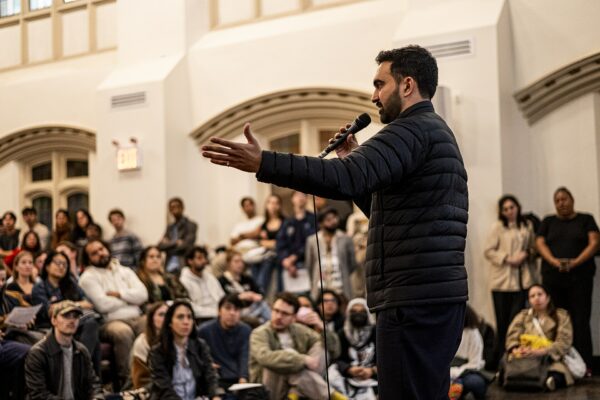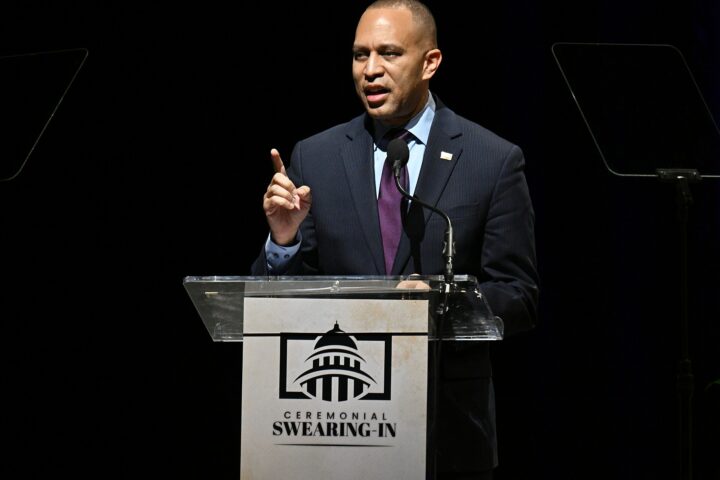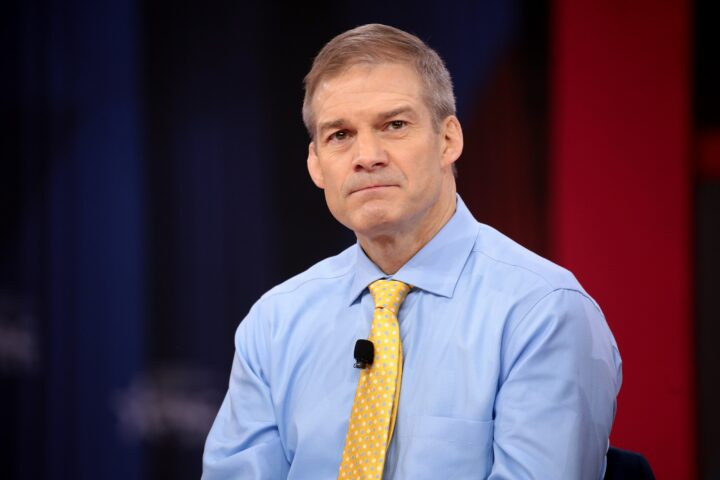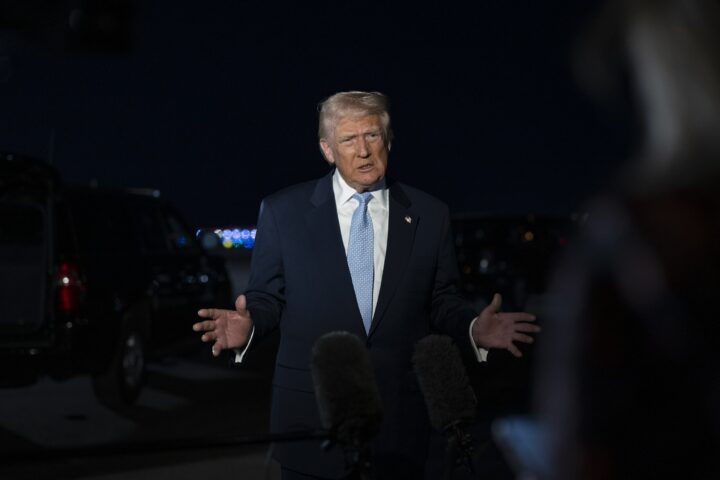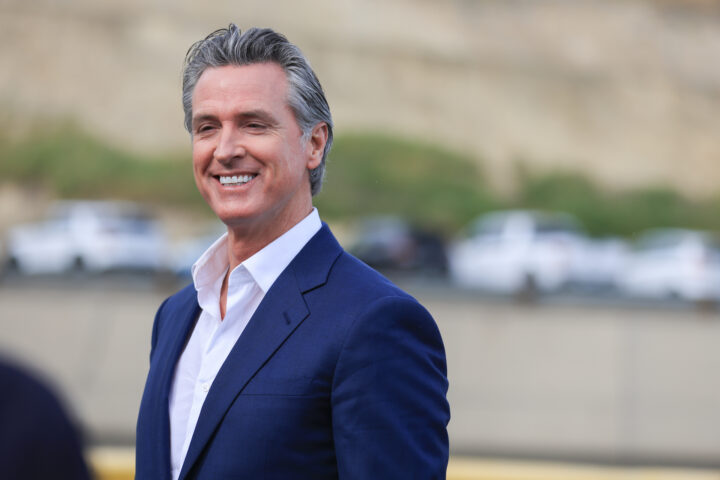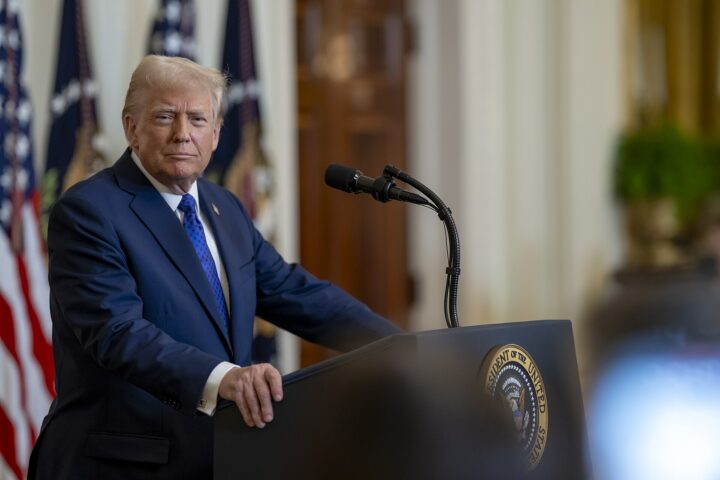Democratic Mayor-elect Zohran Mamdani openly credited foreign-born New Yorkers for delivering his victory in Tuesday’s mayoral election, underscoring a dramatic political shift in the nation’s largest city as native-born voters broke sharply in favor of his rival, former Governor Andrew Cuomo.
“Thank you to those so often forgotten by the politics of our city who made this movement their own,” Mamdani said in his victory speech after defeating Cuomo with 50.4 percent of the vote. “I speak of Yemeni bodega owners and Mexican abuelas. Senegalese taxi drivers and Uzbek nurses. Trinidadian line cooks and Ethiopian aunties. Yes, aunties.”
According to The Patriot Polling, Mamdani dominated among foreign-born voters, earning 62 percent of their support compared to Cuomo’s 24 percent. The opposite pattern emerged among American-born New Yorkers, who favored Cuomo 40 percent to Mamdani’s 31 percent. The divide reflected not only the city’s evolving demographics but also a deeper cultural and ideological realignment that has reshaped its politics.
Mamdani, a self-professed democratic socialist, ran on a platform promising to expand social programs, decriminalize certain low-level offenses, and redirect funding from law enforcement toward housing and education. His message found strong resonance among immigrant and younger voters but drew skepticism from moderates and older New Yorkers wary of the city’s leftward drift.
The polling also revealed significant religious divides. Mamdani suffered what analysts called “a serious deficit” among Jewish and Catholic voters but held commanding leads among Muslims, Hindus, and atheists — categories grouped under “Other religions.”
Mamdani’s campaign often leaned on his personal story as the son of Ugandan immigrants and on themes of discrimination and belonging. At an October event, he grew emotional while recounting what he described as an incident of post-9/11 bias against his Muslim aunt on the subway. Later, however, Mamdani admitted that the woman was not his aunt but rather a distant relative on his father’s side — a revelation that prompted criticism from opponents who accused him of embellishing his narrative for political gain.
Despite his commanding win, Mamdani faced reluctance from within his own party. House Minority Leader Hakeem Jeffries withheld his endorsement until Oct. 24 — less than two weeks before Election Day — reflecting the unease many establishment Democrats felt about Mamdani’s far-left agenda. Representative Tom Suozzi, another prominent New York Democrat, broke ranks entirely, endorsing Cuomo instead.
By contrast, Mamdani’s campaign received strong backing from far-left icons, including Representative Alexandria Ocasio-Cortez and Senator Bernie Sanders, both of whom hailed his victory as a model for the broader national movement toward democratic socialism.
Cuomo, who had sought to reinvent himself as an independent moderate, found his base among older, native-born, and more centrist voters. Yet that coalition proved insufficient against a younger, more diverse electorate energized by Mamdani’s calls for systemic change.
As New York prepares for Mamdani’s inauguration, the election results point to a new era in city politics — one defined by generational and cultural divides, and a growing tension between the city’s progressive momentum and the anxieties of residents who fear being left behind by it.
[READ MORE: Trump Responds To Election Result]

